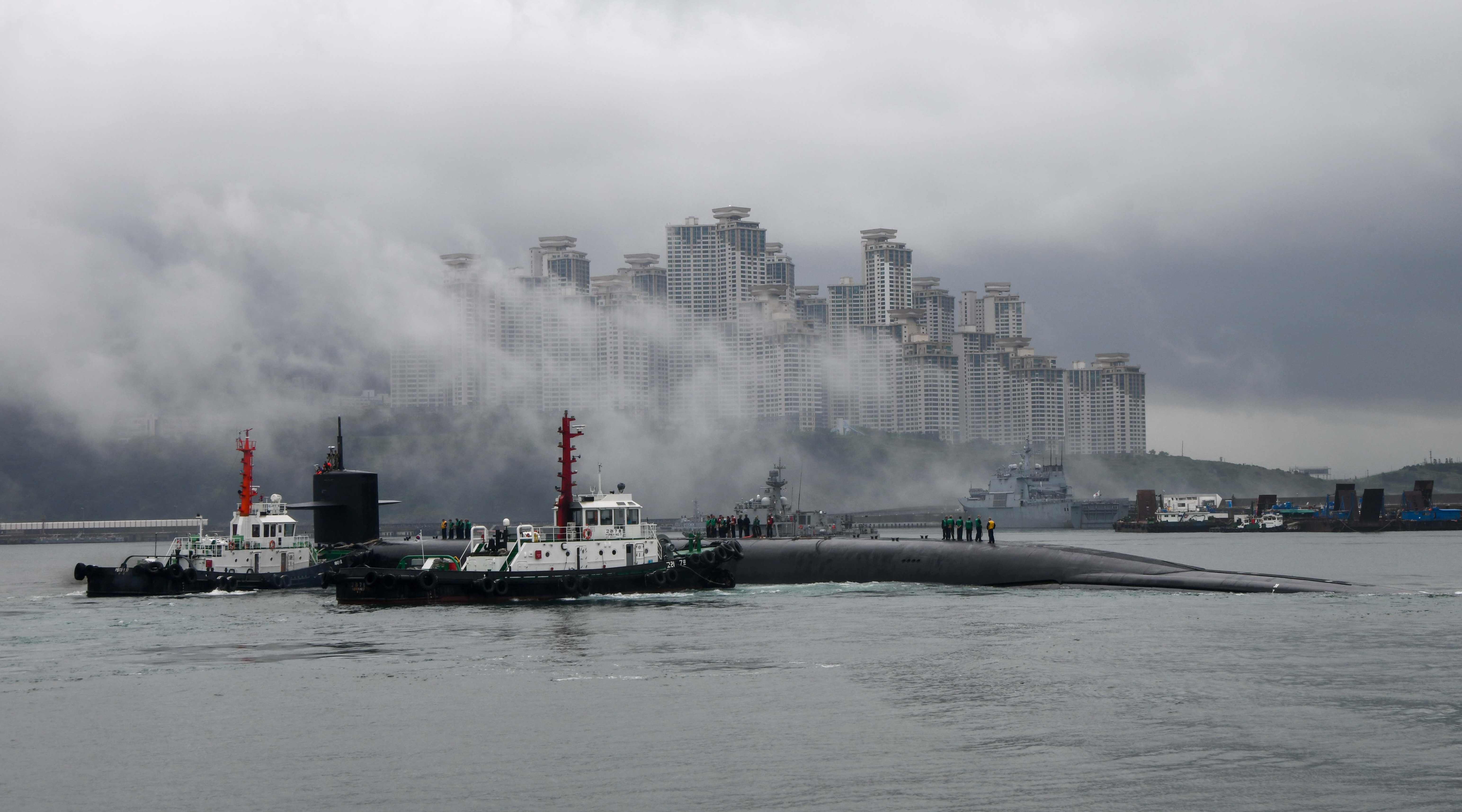Proceedings, Sept. 2012
Carbon dioxide . . . it’s what makes our soft drinks zesty and champagne . . . well, champagne. It is also a major greenhouse gas. Absorbed into the sea it is an essential component for growth of plankton, the first stage of marine life. By contrast, excessive amounts can make some organisms sick and possibly extinct.
The beneficial role of CO2 is in the photosynthetic process that feeds phytoplankton, the microscopic plants of the sea. Carbon dioxide, solar energy and the chlorophyll pigment combine to make food for these organisms that are the first level of life in the sea. A critical byproduct of this chemistry is the respiration of oxygen by these tiny plants. The vast surface area of the World Ocean supplies 50–80 percent of Earth’s oxygen. Indeed, it is the lungs of our planet.
The sea has an enormous capacity to absorb CO2. Since the Industrial Revolution began about 1750, man’s activities have loaded the atmosphere with great quantities of it. However the oceans have been able to absorb about 50 percent of this anthropogenic CO2. Remarkably, this percentage has remained fairly constant over the past 250 years even as increasing amounts are injected into the Earth’s atmosphere. But this “carbon sequestration” comes at a price. When atmospheric CO2 dissolves in seawater there is a chemical reaction that forms carbonic acid, a very weak acid.
Scientists use the pH numerical scale to define the relative acidity or alkalinity of a solution using a range of 0–14. Distilled water is neutral at a value of 7.0. Numbers lower than this are acidic and those above are alkaline. At present the average pH for the oceans is 8.1, so it is slightly alkaline—but this number is decreasing steadily. To be clear, it is unlikely that the oceans’ pH will ever drop below 7.0, so the term “acidification” refers to relative acidity as seawater becomes less alkaline. The accompanying graph shows the relationship between dissolved CO2 and increasing acidity in the sea from the years 1850–2100 (estimated).
The major effect on marine life is that a more acidic ocean reduces the ability of organisms to extract calcium carbonate from the seawater. This means that they cannot form strong calcareous shells, skeletons, or large structures such as coral reefs. Ultimately, some animals in the web of sea life may not survive. No matter their size, this loss will affect the entire food chain right up to the whales at the top level.
Coral reefs are host to about 25 percent of the known species in the oceans. They act as natural breakwaters. Yet today more than half of the world’s 10,000 coral reefs are severely stressed by pollution and increasing acidity. The continuing loss of these structures is having major environmental consequences.
It is known that global seawater temperatures are increasing due to global warming. Warmer waters cannot retain as much CO2 as colder seas and as a result the World Ocean becomes a less effective carbon sink. This means more CO2 will remain in the atmosphere, reaching levels that will be unhealthy for mankind. This also generates a “feedback loop.” With more CO2 in the “greenhouse,” ocean waters will warm more quickly. In addition, with less CO2 going into solution, there will be less photosynthesis and a consequent reduction of O2 being produced from the sea.More greenhouse gas and less oxygen: It is not an attractive future.
Is there a remedy for this disturbing trend? Yes: Stop burning carbon-based fuels. Obviously, it cannot be done quickly, but work toward this goal should begin immediately. This means an energetic global cooperative effort that will lead to development of practical renewable energy sources. Recent energy discussions in the political arena have demonstrated how difficult this will be. There are huge technical, economic and political questions to be addressed. It is important that far-horizon initiatives be developed and promoted by governments and the private sector—while we can still see that horizon. This is vitally important, as all life on our planet will be affected by the outcome. The time to act effectively is shorter than we think.




